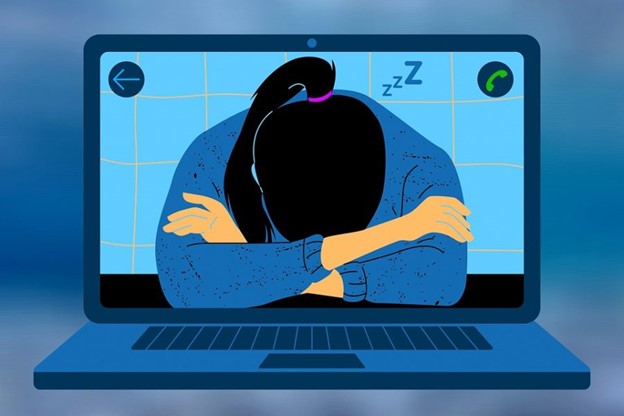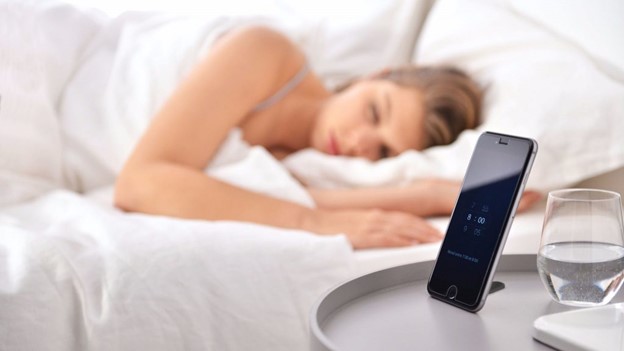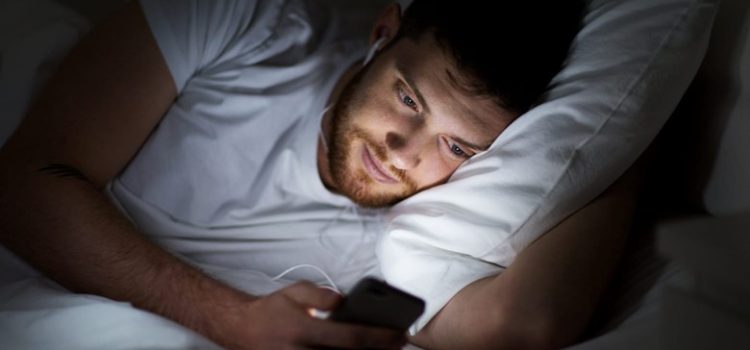
Our understanding of the importance of sleep health has seen a paradigm shift in recent years, with a focus on leveraging technology to enhance sleep quality and overall well-being. From innovative sleep tracking devices to smart mattresses and personalized sleep apps, the intersection of sleep health and technology is paving the way for a new era of restful nights and energized days. This article delves into the latest trends in sleep health and technology, exploring how advancements in this field are revolutionizing the way we rest and recharge.
1. Rise of Sleep Tracking Devices:
One of the prominent trends in sleep health and technology is the rise of sleep tracking devices that monitor various aspects of sleep, including duration, quality, and patterns. Wearable devices like smartwatches and sleep trackers provide valuable insights into sleep stages, heart rate variability, and snoring, empowering individuals to optimize their sleep experience and make informed lifestyle choices.
2. Smart Mattresses and Sleep Systems:
The integration of technology into mattresses has led to the development of smart mattresses and sleep systems that offer personalized comfort and support. Features such as adjustable firmness, temperature regulation, and sleep tracking capabilities cater to individual sleep preferences, promoting better alignment, pressure relief, and overall sleep quality.
3. Sleep Apps and Digital Therapeutics:
Sleep apps and digital therapeutics are on the rise as tools for enhancing sleep health and addressing common sleep disorders. These apps offer guided meditation, sleep hygiene tips, relaxation techniques, and cognitive-behavioral therapy for insomnia (CBT-I) to help users establish healthy sleep habits, manage stress, and improve sleep efficiency.
4. Circadian Lighting and Smart Home Integration:
Incorporating circadian lighting and smart home integration into sleep environments is a growing trend that aims to support natural sleep-wake cycles and promote optimal circadian rhythm alignment. Smart lighting systems that mimic natural sunlight patterns can enhance alertness during the day and facilitate restful sleep at night, contributing to overall sleep health.
5. Sleep Tech for Snoring and Sleep Apnea:

Technological advancements in sleep health are addressing common sleep disorders such as snoring and obstructive sleep apnea through innovative devices and therapies. Smart anti-snoring devices, positional therapy aids, and continuous positive airway pressure (CPAP) machines with connectivity features are revolutionizing the management of sleep-related breathing disorders.
6. Biofeedback and Mindful Sleep Practices:
Biofeedback and mindful sleep practices are gaining traction as methods for improving sleep quality and reducing stress levels. Biofeedback devices that measure heart rate variability and provide relaxation feedback help individuals achieve optimal arousal levels for sleep, while mindfulness meditation apps promote relaxation and mental calmness before bedtime.
7. Integration of Sleep Health into Wellness Programs:
The integration of sleep health into corporate and employee wellness programs is a rising trend that recognizes the pivotal role of sleep in overall well-being and performance. Companies are incorporating sleep tracking tools, sleep education sessions, and sleep hygiene initiatives to support employees in achieving restorative and restful sleep.
8. Virtual Sleep Coaching and Telemedicine Services:
Virtual sleep coaching and telemedicine services are emerging as convenient and accessible options for individuals seeking personalized sleep support. Remote sleep coaching sessions, teleconsultations with sleep specialists, and online sleep clinics offer tailored guidance, treatment recommendations, and behavioral interventions for sleep health improvement.
9. Sleep Data Analysis and Predictive Analytics:
The utilization of sleep data analysis and predictive analytics is transforming the field of sleep health by identifying patterns, trends, and risk factors associated with sleep disturbances and disorders. By leveraging big data analytics, machine learning algorithms, and personalized insights, researchers are gaining valuable insights into sleep behaviors and outcomes.
10. Wearable Sleep Technology for Different Age Groups:
Wearable sleep technology designed for different age groups, from infants to older adults, is a trend that caters to the diverse sleep needs and challenges across the lifespan. Sleep monitors for babies, sleep tracking wearables for teenagers, and smart sleep devices for seniors offer age-appropriate solutions for optimizing sleep health and quality.

Conclusion:
The convergence of sleep health and technology is reshaping how we understand, monitor, and optimize our sleep for improved health and well-being. By embracing trends such as sleep tracking devices, smart mattresses, sleep apps, circadian lighting, snoring solutions, biofeedback practices, wellness programs, telemedicine services, data analytics, and age-specific sleep technology, individuals have a wealth of tools at their disposal to enhance sleep quality, address sleep challenges, and prioritize restorative sleep in their daily lives. As technology continues to drive innovation in the realm of sleep health, we are entering an era where sleep is not just a necessity but a holistic experience that empowers us to live healthier, happier, and more fulfilling lives.










